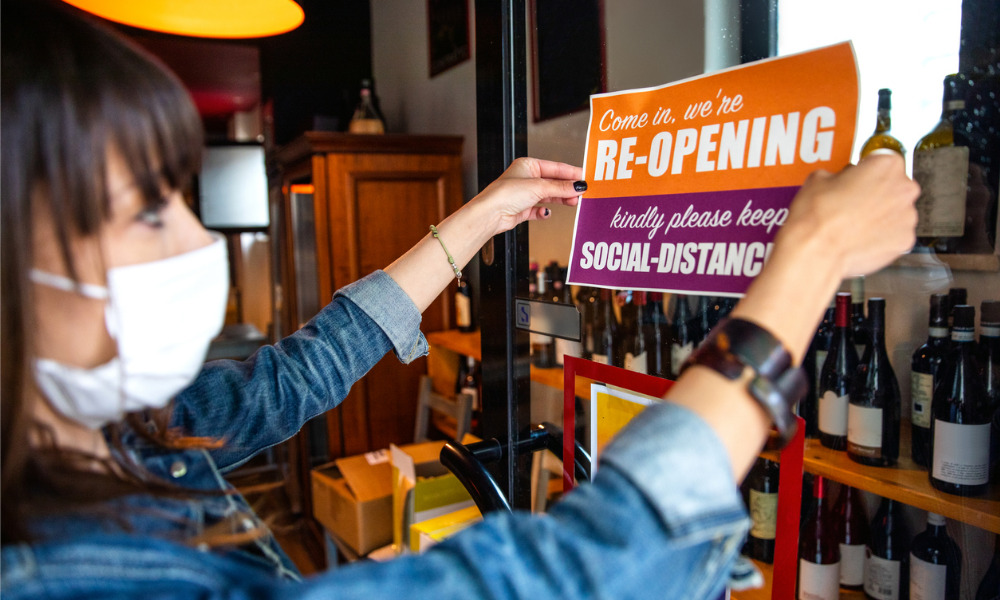Survey reveals importance of monitoring firm debt levels, debt-related difficulties, and debt repayment strategies

More than half of Canadian businesses in a recent Statistics Canada survey took on government-sanctioned pandemic loans during the COVID-19 crisis, which many are finding hard to pay back.
The federal agency’s Canadian Survey on Business Conditions, which it performed from the beginning of October to the beginning of November 2022, highlighted how the COVID-19 epidemic forced the closure of non-essential companies and the implementation of access restrictions, which to government support programs.
Those included programs that require repayment like the Indigenous Business Initiative and the Canada Emergency Business Account (CEBA).
According to a large minority, it could be difficult to repay that pandemic debt within the next 12 months.
The government assistance initiatives for the COVID-19 pandemic were cited by three-fifths (61.5%) of businesses as having provided them with repayable money.
One-fifth (20.9%) said it wouldn't be difficult to pay back the money they received from government support programs during the following 12 months.
In contrast, three out of ten (30.4%) businesses stated that it would be a difficulty, with 17.1% expressing that it would be a minor challenge and 13.3% noting that it would be a severe one. One tenth (10.2%) of businesses surveyed were unsure.
The survey also found that over the next three months, over two-fifths (39.4%) of enterprises also anticipated that rising interest rates and debt expenses would be a barrier. Despite this, 18.5% of enterprises had a negative perspective, whereas seven out of 10 (70.3%) did.
Businesses in agriculture, forestry, fishing, and hunting (42.0%), administrative and support services (38.0%), and the hospitality and food services sector (54.4%) were significantly more likely to report that it would be difficult to repay funding received from government support programs over the next 12 months.
Furthermore, smaller companies were more likely to report a problem with repaying government assistance.
More than a third (36.1%) of companies with 5 to 19 workers, 3 in 10 (29.7%) with 1 to 4 employees, and more than a fifth (22.2%) of companies with 20 to 99 employees said it would be difficult to return any government assistance they got.
In contrast, 5.7% of companies with 100 or more employees, predicted the same difficulties.
Seventy-three percent (77.3%) of firms said they have the cash or liquid assets necessary to operate for the upcoming three months, while 10.7% did not and 11.9% were unsure.
Around two tenths (43.9%) of respondents who claimed they lacked the cash or liquid assets necessary to operate indicated they could buy them if necessary.
The great majority of companies do not anticipate applying for any new loans in the upcoming three months.
Unfavorable interest rates (39.7%), a lack of assurance or ambiguity about upcoming sales (34.0%), and cash flow (33.6%) were the main barriers to organizations taking on extra debt.



